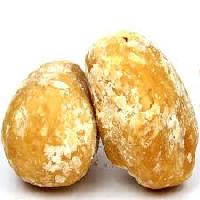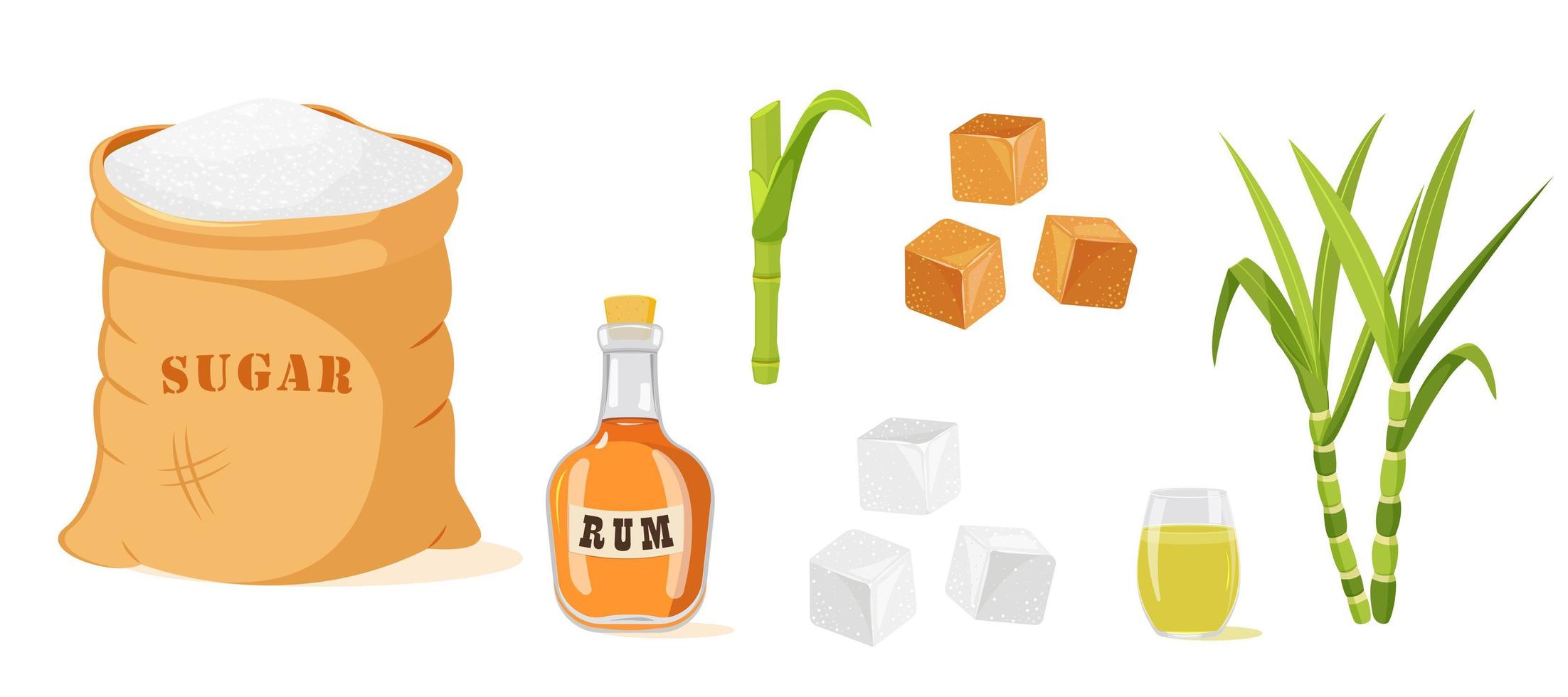From Sugarcane Product to Biofuels: The Versatile Uses of Sugarcane
From Sugarcane Product to Biofuels: The Versatile Uses of Sugarcane
Blog Article
Checking Out Sugarcane Products: Versatile Utilizes and Benefits
The expedition of sugarcane products reveals a remarkable range of applications that expand well past the familiar world of sweeteners. As we check out the complex contributions of sugarcane, one may ask yourself exactly how these diverse usages can reshape markets and way of livings in a quickly evolving globe.
Summary of Sugarcane
Although sugarcane is often associated largely with sugar production, it is a functional crop with an abundant history and numerous applications. Grown in tropical and subtropical regions, sugarcane grows in warm environments and well-drained soils, adding significantly to several economic situations worldwide. This seasonal yard, coming from the genus Saccharum, can grow to heights of as much as 4 meters, showcasing its robust nature.
Beyond its key duty in sugar extraction, sugarcane offers as an essential source for numerous by-products. The coarse residue, called bagasse, is made use of for generating bioenergy and as a resources for making paper and biodegradable items. Additionally, molasses, a spin-off of sugar refining, is abundant in nutrients and generally made use of in animal feed and fermentation processes.
Sugarcane additionally plays a substantial role in standard medications and social methods in a number of areas, showing its relevance beyond commercial use (sugarcane product). With the boosting focus on sustainable agricultural practices, sugarcane is being explored for its potential in biofuels and carbon capture, positioning it as a key gamer in the change in the direction of eco-friendly power sources. Thus, the flexibility of sugarcane extends far beyond the boundaries of sugar manufacturing
Sugarcane in Food Products


Beyond sugar, sugarcane is the source of energy-rich items such as jaggery and panela, which are standard raw sugars made use of in lots of cultures. These items not only sweeten foods but additionally impart unique flavors and dietary benefits.
Sugarcane juice, a revitalizing beverage enjoyed in several exotic regions, showcases the plant's versatility. It is typically taken in fresh or fermented into alcohols like rum.
Additionally, sugarcane fibers, referred to as bagasse, are occasionally utilized to produce food product packaging materials, highlighting the ecological advantages of sugarcane handling. In general, sugarcane's payment to foodstuff is diverse, boosting flavors, offering dietary worth, and playing a substantial function in cooking practices all over the world.
Industrial Applications of Sugarcane
In various markets, the flexibility of sugarcane prolongs much past its cooking applications. Sugarcane works as a crucial raw product in the production of biofuels, particularly ethanol, which is progressively made use of browse around here as a renewable resource source. This biofuel is obtained through fermentation and distillation processes, supplying a lasting choice to fossil gas and adding to a decrease in greenhouse gas exhausts.

Additionally, the sugarcane industry has discovered applications in pharmaceuticals, where its components are utilized in the solution of different medicinal products. The natural substances extracted from sugarcane exhibit antimicrobial and antioxidant homes, improving the efficacy of particular drugs.
Last but not least, sugarcane is important to the manufacturing of a variety of chemicals, including glycerol and organic acids, which are important for various commercial processes. These applications highlight sugarcane's considerable function in promoting commercial sustainability and technology.
Environmental Benefits of Sugarcane
The complex applications of sugarcane not only enhance commercial processes but additionally add dramatically to ecological sustainability. As a renewable energy, sugarcane growing plays an important duty in carbon sequestration, taking in substantial quantities of carbon dioxide from the atmosphere. This process assists mitigate environment change by decreasing greenhouse gas concentrations.
Furthermore, sugarcane byproducts, such as bagasse and molasses, supply environment-friendly alternatives to standard materials. Bagasse, the fibrous residue after juice removal, can be utilized as a biomass fuel, decreasing dependence on fossil fuels and promoting cleaner power resources. Additionally, molasses can be changed right into bioethanol, additionally supporting lasting power efforts.
Sugarcane farming likewise advertises biodiversity and soil wellness. Sustainable agricultural methods, such as intercropping and crop rotation, boost soil fertility and minimize erosion. The crop's deep origin system help in water retention, thereby boosting and sustaining neighborhood ecological communities resilience against drought.
Health And Wellness Advantages of Sugarcane
Rich in all-natural sugars and essential nutrients, sugarcane provides various wellness advantages that make it an important addition to a balanced diet regimen. Its high fiber web content aids in food digestion, promoting intestine wellness and preventing irregular bowel movements. Furthermore, sugarcane provides anti-oxidants, which deal with oxidative stress and anxiety and might decrease the threat of persistent illness.
Moreover, sugarcane juice is understood for its hydrating buildings, Find Out More making it a superb beverage selection, specifically in warm climates. The natural sugars existing in sugarcane give a fast energy boost, advantageous for athletes and those involved in physical activities. It likewise contains important nutrients, such as vitamin C, calcium, magnesium, and potassium, which add to total wellness.
Researches suggest that sugarcane may help manage blood glucose levels, making it a preferable sugar for people with diabetic issues when consumed in small amounts. Additionally, its anti-inflammatory properties Homepage can support liver wellness and aid in detoxification.
Conclusion
To conclude, sugarcane becomes a very flexible plant with considerable contributions to different sectors. Its diverse applications in foodstuff, industrial usages, and environmental sustainability highlight its importance. The spin-offs of sugarcane, such as bagasse and molasses, facilitate eco-friendly techniques, while its health benefits boost overall well-being. The diverse nature of sugarcane not just supports financial development yet also advertises lasting development, highlighting its value in modern culture.
Although sugarcane is commonly linked primarily with sugar production, it is a flexible plant with an abundant history and many applications.Past its key duty in sugar removal, sugarcane serves as an essential source for various by-products. Mainly understood for generating sugar, sugarcane is transformed into granulated sugar, brown sugar, and molasses, each serving distinct culinary purposes.Rich in crucial nutrients and natural sugars, sugarcane offers numerous health benefits that make it a valuable addition to a well balanced diet regimen. The natural sugars present in sugarcane offer a quick energy increase, beneficial for athletes and those engaged in physical activities.
Report this page